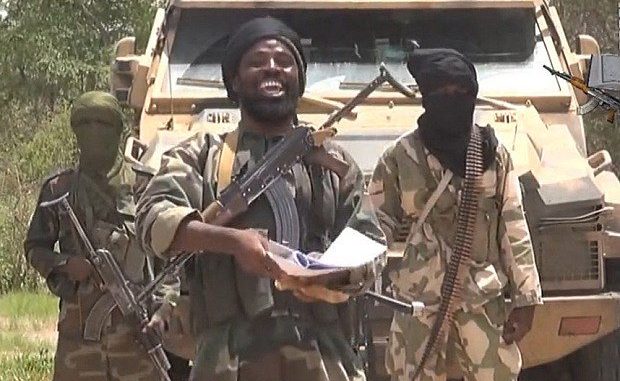
The UN Emergency Relief Coordinator, Stephen O’Brien, on Thursday told the Security Council that the humanitarian crisis caused by Boko Haram in the Lake Chad Basin was “growing in dramatic fashion”.
Briefing the Security Council, the UN official underlined the significant challenges and deteriorating humanitarian situation in the Lake Chad Basin region, including, in particular, those posed by the militant group, Boko Haram.
The UN official, therefore, urged sustained support to national and regional security, political and humanitarian action, according to the presentations obtained by the UN correspondent of the News Agency of Nigeria (NAN).
“The humanitarian crisis across northeast Nigeria and parts of Cameroon, Chad and Niger, triggered by the horrendous, violent and inhuman campaign of Boko Haram, is deepening,” O’Brien said.
He added that since his last briefing (in July 2016), the humanitarian crisis had further deepened and as a consequence, more than 10.7 million people were in need of assistance.
O’Brien added that some 2.4 million people are currently displaced, with the vast majority among them, more than 1.5 million, being children.
“On top of these challenges, the region also faces a major food and nutrition crisis.
“Despite the response of UN and other relief organisations, the number of severely food insecure people in need of assistance rose from about three million a year back to more than 7.1 million.”
He updated the 15-member Council of continued efforts of UN entities, including total releases of more than 91 million U.S. dollars from the UN Central Emergency Relief Fund (CERF), since July 2015, for lifesaving humanitarian assistance in the region.
O’Brien, who is also the head of the UN Office for the Coordination of Humanitarian Affairs (OCHA), which manages the Fund, appealed for continued and increased support from donors.
“In spite of all the assistance going in today, it is clear that the range of forecasts that this situation may get even worse and the numbers in need still climb,” he said.
He added that the 2017 humanitarian response plan and appeal for the Lake Chad Basin had doubled compared to the 2016 to 1.5 billion dollars, reflecting the deteriorating situation in the region.
Also briefing the Security Council, UN Assistant Secretary-General for Political Affairs Tayé-Brook Zerihoun, noted the military operations against Boko Haram.
He, however, said the militant group continued to threaten security and stability in the region, as illustrated in recent attacks over the last few days.
Zerihoun also expressed concern over alleged human rights violations, as well as breeches of humanitarian law, which reportedly accompanied Boko Haram attacks and counter-insurgency responses, including allegations of sexual violence, forced marriage and sexual slavery.
“The promotion and protection of the human rights of victims of terrorism must be a priority in national responses to acts of terrorism.
“Respect for due process and prompt trials for persons detained for Boko Haram related offences, especially children, who should be treated as victims and dealt with in accordance with international standards for juvenile justice, should guide broader counter-terrorism measure.”
Further underlining that a military approach alone would not bring an end to Boko Haram, Zerihoun urged the affected countries to simultaneously tackle the humanitarian consequences and the root causes that led to the insurgents’ emergence.
“Military operations should be followed with stabilisation measures, the restoration of state authority and addressing the social, economic and political grievances of marginalised communities,” he added.
Source: NAN

